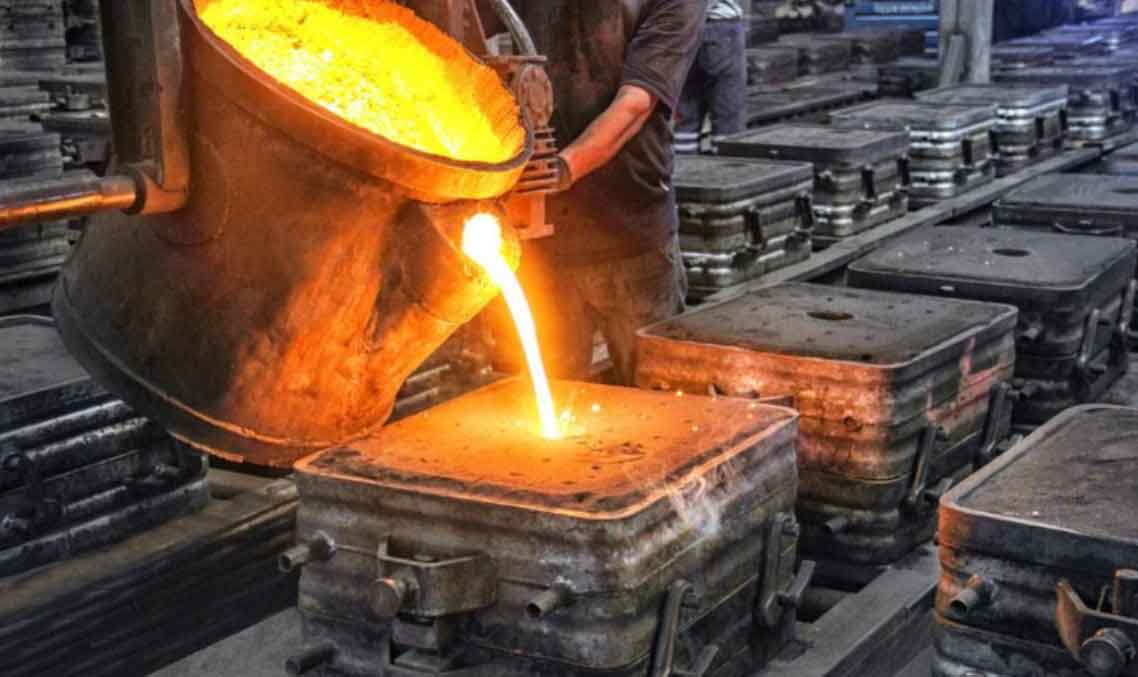
Sustainable manufacturing practices in sand casting foundries focus on reducing the environmental impact of the casting process and promoting resource conservation. Foundries can adopt various eco-friendly practices to minimize waste, energy consumption, and emissions, while also prioritizing employee safety. Here are some eco-friendly practices commonly implemented in sand casting foundries:
1. Sand Reclamation and Recycling:
- Implementing sand reclamation systems to recycle and reuse sand after casting processes reduces the need for fresh sand and minimizes waste generation.
2. Use of Eco-Friendly Binders:
- Foundries can opt for eco-friendly binders that have lower environmental impact and are more easily recyclable or reclaimable.
3. Energy Efficiency:
- Upgrading equipment and adopting energy-efficient technologies, such as induction melting furnaces, can help reduce energy consumption during the casting process.
4. Water Conservation:
- Foundries can install water recycling and treatment systems to minimize water usage and reduce the impact of effluents on the environment.
5. Waste Management and Recycling:
- Proper waste management practices, including recycling and safe disposal of waste materials, help minimize the environmental footprint of the foundry.
6. Emission Control:
- Implementing emission control measures, such as dust and fume extraction systems, helps in reducing air pollution from the foundry processes.
7. Sustainable Material Sourcing:
- Opting for sustainable and responsibly sourced materials, including sand, resins, and alloys, contributes to environmental conservation.
8. Green Design Practices:
- Foundries can work with designers to optimize components for material efficiency and recyclability, reducing material waste.
9. Reduced Volatile Organic Compounds (VOCs):
- Selecting low-VOC or VOC-free resins helps to reduce harmful emissions and improve air quality in the foundry environment.
10. Real-Time Monitoring and Control:
- Installing sensors and monitoring systems to track energy usage and emissions in real-time can help optimize processes and identify opportunities for improvement.
11. Environmental Certifications:
- Obtaining environmental certifications such as ISO 14001 demonstrates a foundry’s commitment to sustainable practices and environmental responsibility.
12. Safety Practices:
- Ensuring a safe work environment for employees is essential for sustainable manufacturing. Proper safety protocols protect both the workforce and the surrounding environment.
By adopting these eco-friendly practices, sand casting foundries can significantly reduce their environmental impact and contribute to a more sustainable manufacturing process. Sustainable sand casting practices not only benefit the environment but also enhance the foundry’s reputation and appeal to environmentally conscious customers and partners.
